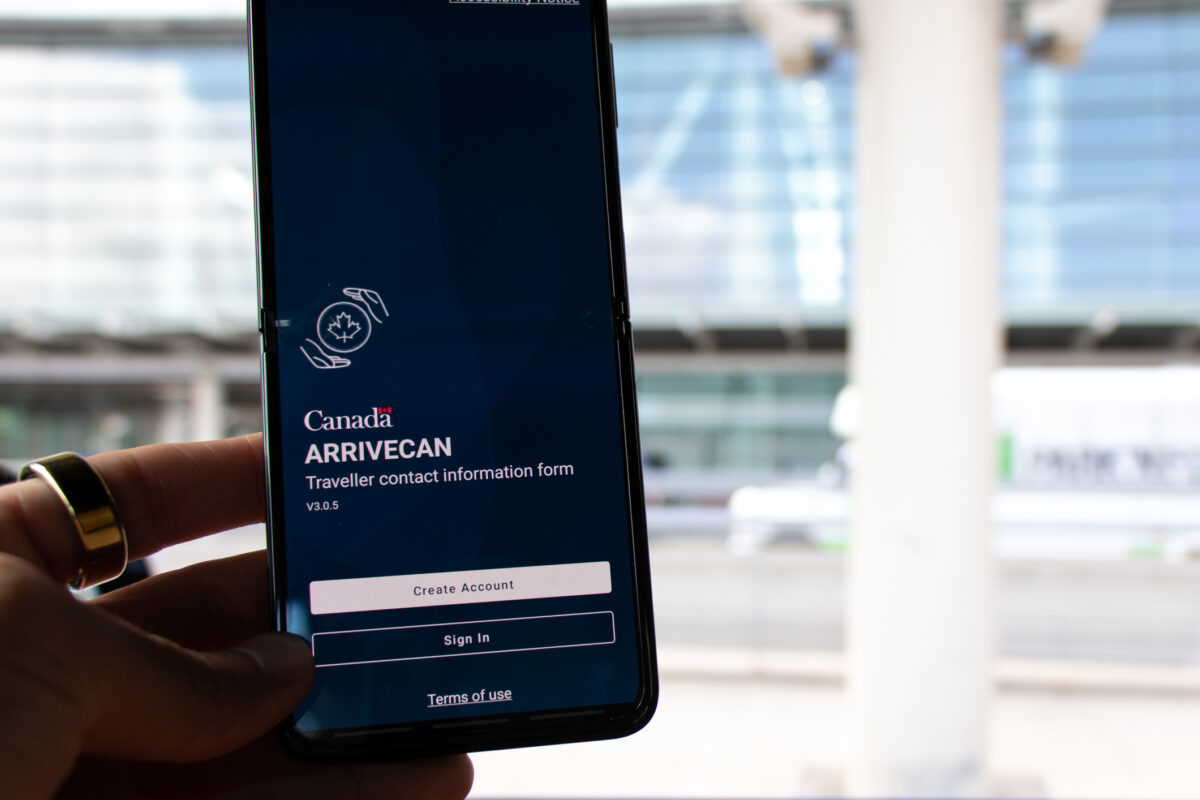ACTIS LAW GROUP is lead counsel in the Canadian class action lawsuit that was filed in Federal Court against the Attorney General of Canada for negligently contracting, designing, developing, testing, updating, maintaining, implementing, monitoring, oversight and deployment of the ArriveCAN application. It is alleged that this conduct resulted in at least 10,200 travellers being subjected to an unlawful quarantine upon arrival at a port of entry due to ongoing glitches with the ArriveCAN app.
The Plaintiffs seek to represent the following class to which they belong:
“All persons that travelled to Canada between November 21, 2020 and October 1, 2022 and either used or attempted to use the ArriveCAN application and that were wrongly instructed to isolate themselves and monitor for signs and symptoms of COVID-19 despite being otherwise quarantine exempt where they submitted or attempted to submit the required documentation to Canada Border Services Agency.”
On March 11, 2020, the World Health Organization declared a global pandemic due to coronavirus disease (COVID-19).
Following the declaration of a global pandemic, the Government of Canada implemented various travel requirements for persons entering Canada.
On April 29, 2020, the Canada Border Services Agency launched the digital application ArriveCAN – available through the web, iOS, and Android mobile apps – to collect contact and health information from people entering Canada.
On November 21, 2020, the use of the ArriveCAN app became a mandatory requirement for travellers entering Canada.
Following the introduction of the COVID-19 vaccines, the Government of Canada somewhat relaxed its COVID-19 travel requirements for “fully-vaccinated” travellers. These fully-vaccinated travellers were exempt from almost all COVID-19 travel requirements imposed by the Order-in-Council at the time, including being Quarantine Exempt, being subject only to the following mandatory travel requirements:
(a) The pre-entry COVID-19 molecular test requirement;
(b) The first post-arrival COVID-19 molecular testing requirement, performed at the time of entry, if randomly selected for this purpose; and
(c) The requirement to complete the ArriveCAN app or web portal requirements, including uploading proof of vaccination prior to arrival in Canada; meet the pre-entry testing requirements; be asymptomatic upon arrival; and have a paper or digital copy of their vaccination documentation in English or French (or certified translation) ready to show a government official on request as evidence.
The ArriveCAN app had various problems, including from June 28 to July 20, 2022, approximately 10,200 Apple device users received erroneous quarantine instructions directly from ArriveCAN (via an application notification) and from an email generated by ArriveCAN.
The 2024 Report of the Auditor General of Canada to the Parliament of Canada concluded the following:
(a) The Canada Border Services Agency, the Public Health Agency of Canada, and Public Services and Procurement Canada repeatedly failed to follow good management practices in the contracting, development, and implementation of the ArriveCAN application;
(b) “Practices to manage ArriveCAN were missing at the most basic levels”, which affected “sound project design, implementation, oversight, and accountability”;
(c) There were deficiencies in how Canada Border Services Agency and the Public Health Agency of Canada managed the experience and qualification requirements of its professional services contracts in outsourcing the ArriveCAN app leading to improper resources with inadequate IT experience;
(d) There was a “Lack of clear deliverables and task descriptions”; and
(e) “There were deficiencies in the testing of the ArriveCAN application” and “Poor documentation of application testing”.
Ultimately the Auditor General found that there had been a glaring disregard for basic management and contracting practices surrounding the ArriveCAN application.
The Office of the Privacy Commissioner of Canada conducted an investigation into the ArriveCAN app and recommended that the Canada Border Services Agency correct the inaccurate information in its database. It found that the Canada Border Services Agency did not meet the requirements of the Privacy Act, R.S.C., 1985, c. P-21 as it did not take all reasonable steps to ensure the accuracy of the information that it used in an administrative decision-making process.
The ArriveCAN app ceased being mandatory as of October 1, 2022.
If you or someone you know has been affected by the defective ArriveCAN app and would like more information about potential compensation or to be kept informed of the status of the Class Action lawsuit or any resulting compensation resulting from the class action Lawsuit, please provide your contact information to our law firm using the form below.



Follow @ActisLaw